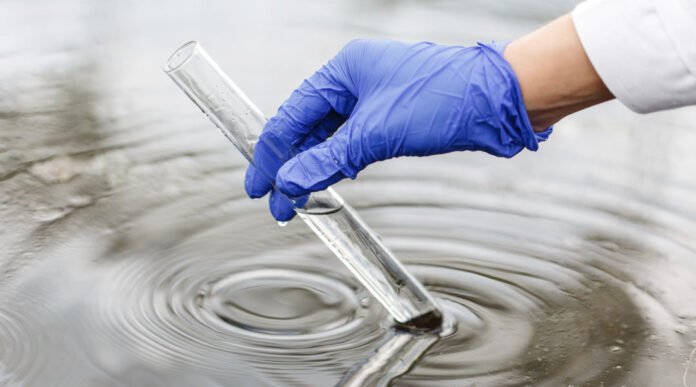Anyone who lives in an area with high levels of water contamination knows all too well the risks posed by polluted water. Polluted water can cause a wide variety of health problems, including gastrointestinal issues, skin irritations, and even neurological damage.
That’s why it’s important to be aware of the common symptoms of contaminated water. While not every symptom is definitive proof of water contamination, it’s imperative to know your rights as a consumer and take the necessary steps to safeguard your family’s health. Here are the five most common symptoms of water contamination-related illness.
Stomach Upset/Gastrointestinal Issues
You might experience sudden and severe stomach upset or gastrointestinal issues if your water is contaminated. This might include nausea, vomiting, diarrhea, and stomach pain. All these symptoms indicate that your body is trying to get rid of the pollutants in your water, and it’s working overtime. Unfortunately, there may be no cure for these types of illnesses, but the right water treatment system can help to alleviate your symptoms.
Skin Rashes/Rashes /Itchy Skin
If your water is contaminated, you might be prone to developing rashes and skin inflammations. These can include itchy skin or red patches. While these conditions are uncomfortable and unsightly, they can usually be treated with over-the-counter medications. In severe cases, however, treatment may be necessary from a doctor. Prolonged exposure to contaminated water may cause permanent damage to your skin. In some cases, the rashes may not go away even after you stop drinking the water. In that case, it’s important that you get new water as soon as possible. It’s also important to maintain good hygiene while dealing with any skin conditions. Wash your hands frequently to avoid spreading the bacteria to other areas of the body.
Headaches and Fatigue
Drinking contaminated water can cause fatigue and headaches. These symptoms are due to the presence of harmful chemicals in the water, which interferes with the body’s natural process of detoxification. If you regularly drink contaminated water, your kidneys might suffer as a result. Eventually, this could cause damage to other organs in the body, including the heart and liver. In this case, your best course of action is to stop drinking the contaminated water immediately and start drinking fresh, clean water instead.
Dizziness /Fainting
Another common symptom of water contamination is dizziness or fainting. This is caused by dehydration and can be extremely dangerous for elderly people and children. If you experience these symptoms after drinking water, it’s important to seek medical attention immediately. You will need to see a doctor for medical treatment if the cause is a severe case of food poisoning or other illness. Otherwise, you should drink plenty of fluids to replace the water that was lost through vomiting and diarrhea. In most cases, these side effects should go away within a couple of days. However, if you continue to experience problems for more than two weeks, you may have an underlying health condition that needs to be treated.
Loss of Appetite
Drinking contaminated water can also affect your appetite. You may develop a loss of interest in food, or you may begin to vomit every time you eat. This is a sign of a serious medical condition, and you should seek immediate medical attention if it persists for more than two days.
How is Water Contaminated?
The most common way water is contaminated is through bacterial contamination. Bacteria are the most common cause of waterborne diseases around the world, and they can be found in most natural water sources. When the bacteria enter the body, they can cause a number of unpleasant symptoms. Some of these include fever, cramps, and vomiting. In some cases, the bacteria may lead to more severe health problems such as kidney failure and death.
Poor sanitation is another common cause of water contamination. This is often the case with tap water that comes from a public source. If you live in an area with poor sanitation, you should filter your water before you drink it to reduce the risk of getting sick. There are several different types of water filters available on the market today. You should talk to your doctor about which type of filter would be most effective for you. Drinking contaminated water can also cause infections from parasites and viruses.
There are cases like Camp Lejeune where the military has accidentally polluted the water supply with carcinogens and other harmful chemicals. The prolonged exposure caused numerous health problems among military members and their families. This tragic event could have been avoided if proper procedures for handling and disposing of hazardous materials.
If you know anyone who lives in an area where the water is contaminated, you should ask them to install filters in their home and purchase bottled water for their household use. If the problem is severe, they can seek legal help to recover damages from the responsible party.
